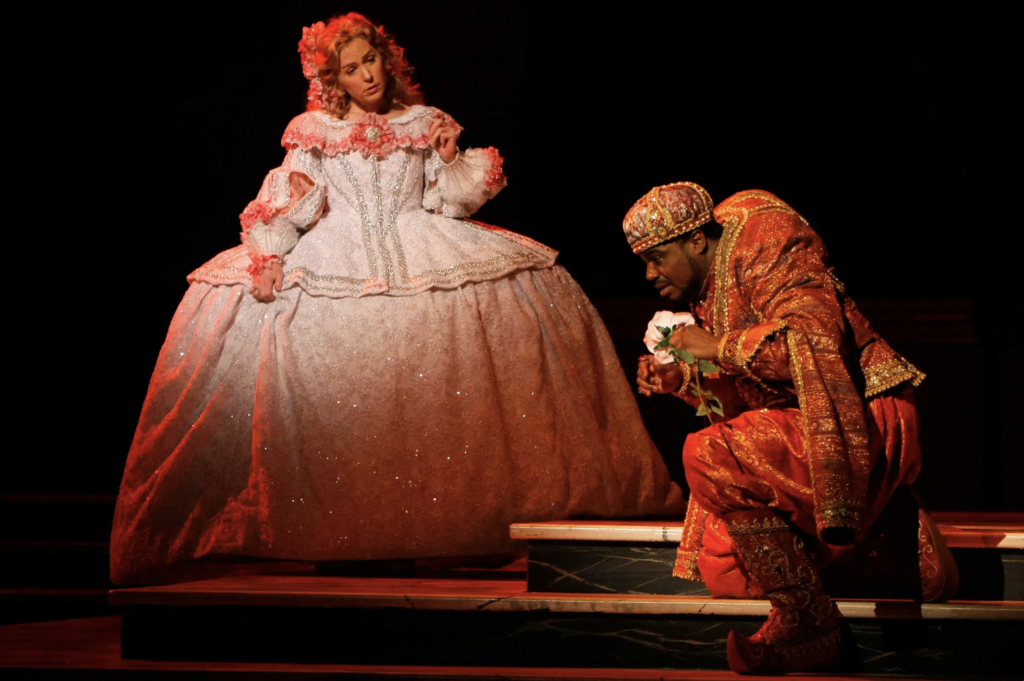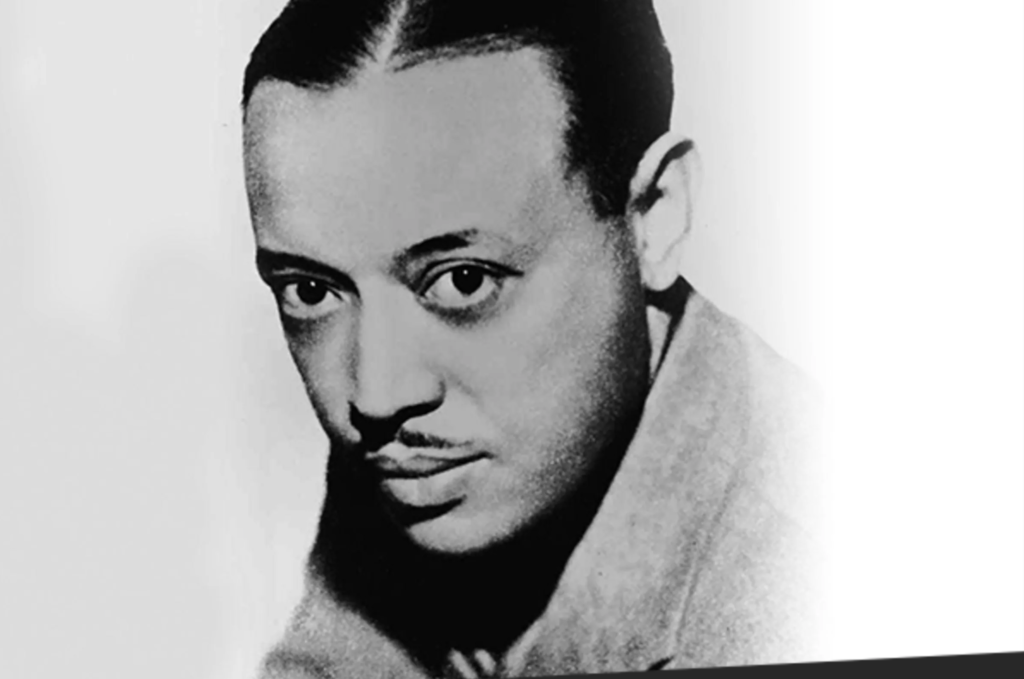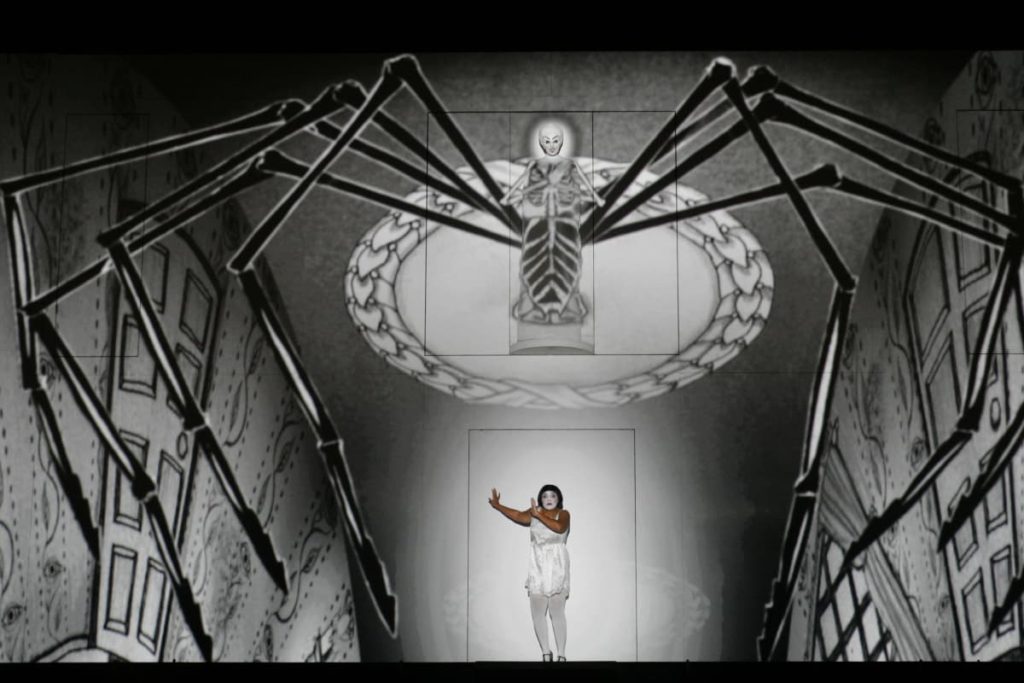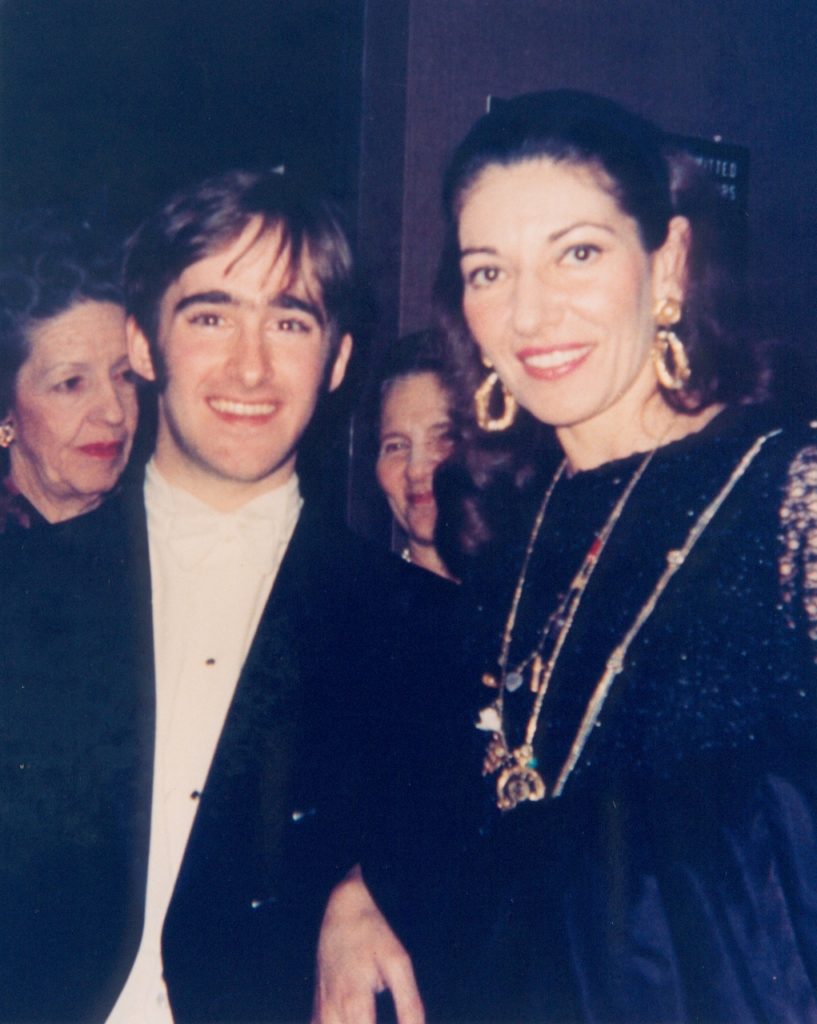
James Conlon on “The Dwarf”: Zemlinsky’s Time Has Come
The Dwarf’s tragedy is that of lost innocence. Having been brought up in the wild, he has never seen a mirror. He does not know he is misshapen. He knows only that, wherever he goes, people gather and laugh and are joyful when they see him. With his poetic and humane soul, he naively believes himself as beautiful physically as his intentions. He does not realize that those who see him are mocking him. His enemy is the mirror because it will reveal the harsh truth. From their pre- and post-Freudian perspectives, author and composer are peering into the unconscious. The answer is chilling. “Dwarf, o Dwarf…God has created all of us blind about ourselves,” Ghita cries out. Is it not perhaps better that we remain so? Contrary to the ancient Greek admonition, is it better not to know thyself?


